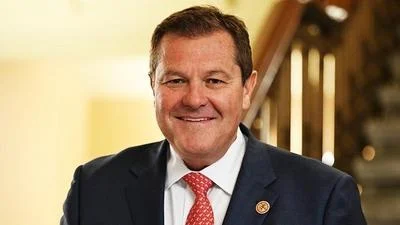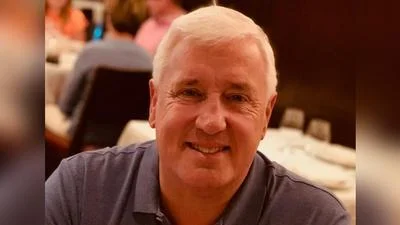Legislators' attempts to raise the minimum wage in Illinois won't address poverty and could negatively affect youth unemployment, according to Tim Kane, a labor economics expert with the Hoover Institution, a public policy think tank at Stanford University.
"Instead it destroys jobs and limits opportunity," Kane told the Sangamon Sun. "Illinois deserves jobs, not illusions. Illinois and Chicago should do what is right for its youngest and poorest citizens who are willing to work: Help them get their first paying job.”
Data shows young workers — who often are picked for low-wage jobs — already have high unemployment rates, according to a report from the Great Cities Institute at the University of Illinois at Chicago. The report showed that in 2014, black 16- to 19-year-olds had a jobless rate of 88 percent. For Hispanics and Latinos of the same age, it was 85 percent.

Low uninsurance claims and a steady unemployment rate signals some stability in the overall job market.
| Andreas Klinke Johannsen / Flickr
The problem is that when youth are denied their first job, they experience “lifetime consequences,” Kane said. They earn less over their lifetimes and have lower salaries compared with the average person — circumstances that could contribute to crime and violence.
The Chicago unemployment problem is “among the worst" when compared with other states, the report said.
“The result is a cycle, where the ‘permanent scars’ lead to conditions that are both a consequence and a precipitating factor that leads to further youth unemployment and parallel social conditions,” the Great Cities report said.
Since 1960, employment rates have steadily declined for black, white and Hispanic employees in the manufacturing sector, while in the retail job sector, black employment has increased.
Even in low-paying jobs like retail, young workers gain valuable life experience, Kane said.
"In these jobs, young adults learn life lessons and self-respect better than they would in a job-training program," Kane said, suggesting that the jobs should not be looked down upon.
“No government job-training program can do what a real paying job can do, which is teach invaluable soft skills about teamwork, reliability and the reward for effort,” Kane said. "If a young man is willing to shovel snow for $4 an hour, and I am willing to pay him $5.50, who is the government to make our agreement illegal?"
Rep. Will Guzzardi (D-Chicago) introduced a bill to raise the minimum wage from $8.25 an hour to $15 an hour by 2022.
"I don't think our party has done enough in advancing our own agenda of how we're going to get our state out of this mess," Guzzardi told the Chicago Tribune. "I think we do that by lifting up working people."





 Alerts Sign-up
Alerts Sign-up